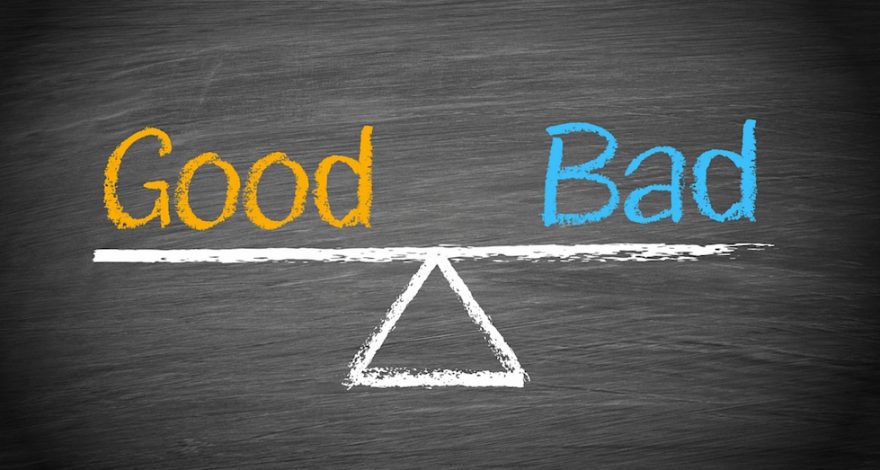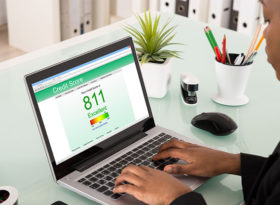 Budgeting
Budgeting
Good vs bad debt and how to manage yours effectively
Good Debt, Bad Debt, and the difference between them
Despite what financial folks say, there is good debt. We all know bad debt, but let’s look at the differences between the two. Taking out a loan to pay for education is good debt. You are borrowing money to further your money-making skills, that is good debt. Borrowing money to buy a car is another example of good debt, you are borrowing money to provide transportation to and from jobs, areas and other points of travel. Another good debt would be buying a home. You are purchasing a property that will provide a source of equity if you manage the real estate debt correctly. Not to mention putting a roof over your head. Good debt is often referred to as “investment debt”, you are investing in your future. Financial and otherwise.
And then there’s bad debt
Bad debt, put simply, is borrowing money for anything that depreciates in value rapidly, and in particular, over the length of the loan. What bad debt does is force you to pay through the nose for something that will have little value to you (or anyone else) after the loan matures. So when you car-shop, avoid new cars. They often depreciate in value up to 35% the minute you drive them off the lot, but you get to pay a premium loan structure for having that (once) shiny ride.
Bad Debt amounts to trashing cash
High interest credit cards are a deadly trap to be avoided at all costs. They may offer a decent limit, but the minute you use them you are paying up to 40% interest rate on the money you are “borrowing” from the credit card company. That interest you are paying? You are literally throwing away money. Get over the initial phase of feeling flattered when somebody offers you a high limit on a high interest credit card. Shop for credit cards that have lower interest rate, and keep your balances on those cards low.
Keep a lid on it
As in, keep your debt manageable. Do not create a situation for your financial house where you are constantly stressed about where the money will come from to pay off the loan or service. Always borrow within your means. If you need a five thousand dollar loan, but the bank keeps offering you a ten thousand dollar loan (because your credit is just so great…) stand firm. Stick with the five thousand dollar cap. If you did the homework and realised you only needed 5k that is the loan you take.
Make plans for any eventuality
Even good debt can become unmanageable in times of crisis or being sick, so plan ahead. Make sure your credit cards have a policy of paying your balances for you if you are out of work due to sickness or injury. Create a savings plan with your bank that will help out in times of crisis.
Financial management is a difficult concept that many of us struggle to master. If you’re having financial difficulties that can be fixed by a short term loan, contact us today!




